- Source:
- アイリスオーヤマ 美フィットマスク CM 出演:井桁弘恵
Related Article
-
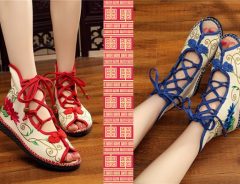
China-Inspired Kawaii Look Featured In New Shoe Lineup From Japanese Fashion Brand Sucredoll
-
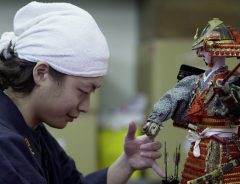
Karakuri Puppets: The Foundation For Japan’s Advanced Robot Technology
-
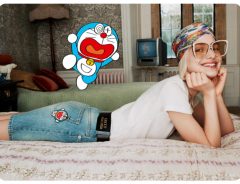
Japan celebrates 50 years of Doraemon with special collaboration
-
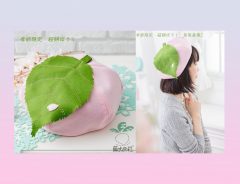
Make your outfit blossom with these handmade sakura mochi hats
-

Here’s A Cat Spending The Last Days Of Summer In A Watermelon
-
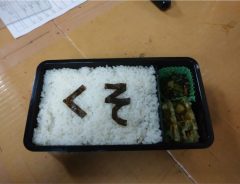
Wife gets revenge on husband after fight by making bento lunch with a hidden surprise



For the uninitiated, one jarring aspect about a trip to Japan is the ubiquitous presence of sickness masks. White masks that many foreigners would expect surgeons or hospital workers to use, are commonly worn by just about anyone walking around outside, and sold at places such as 7-11. It's not a uniquely Japanese custom either, as other Asian countries are known for it as well. So what's the reasoning?
It's primarily done for etiquette. If you come down with a cold or are under the weather, you are typically expected to get a mask to prevent others from catching what you have. Conversely, if there is a bug going around and you want to take preventive measures against it, you can equip yourself with a mask to up your chances of getting through the day uncontaminated. For people who suffer from hay fever, there are even some masks that come with a medicated inner layer that helps fight off allergies. It's rooted in consideration, really, and is just something thought to be as normal as washing your hands or brushing your teeth.
In recent years, however, the masks have come to be used for aesthetic purposes. People simply feeling shy or wanting a sense of privacy will don a mask sometimes, and some school students even use them to ward off attention from teachers. There's even a stereotype of Japan's delinquent teenagers sporting them in an attempt to look intimidating.
The latest evolution of the masks, however, is as a beauty product.
The results of a 2011 survey found that thirty-one out of one hundred women claimed that they wore them to look cute. Now that these feelings are strong enough, the masks have made their way into the mainstream as products to enhance your looks, which some even especially scented.
The "Be-Fit" Mask's name is a Japanese word-play, with the "Be" being the reading of the kanji "美", which means beauty. That's all well and good, but you're probably wondering how a simple sickness mask can be altered for beauty purposes. That's where a Japanese cultural value comes in.
A normal mask
The Be-Fit mask
As you can see, the Be-Fit mask angles into a more slender V-shape. This is because many Japanese people consider slender, smaller faces to be a trait of beauty. Being told that you have a small face is actually quite the compliment in Japan, so don't freak out if you hear that!
The tighter fit also increases protection from illness, it's primary use, but the ads are pretty straightforward in telling you that these are for people who want to look pretty as they can while staying healthy.
Does it make a difference?
They claim to make your face look smaller, and come in three different sizes, with a larger one for men.